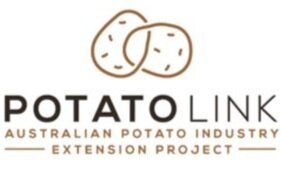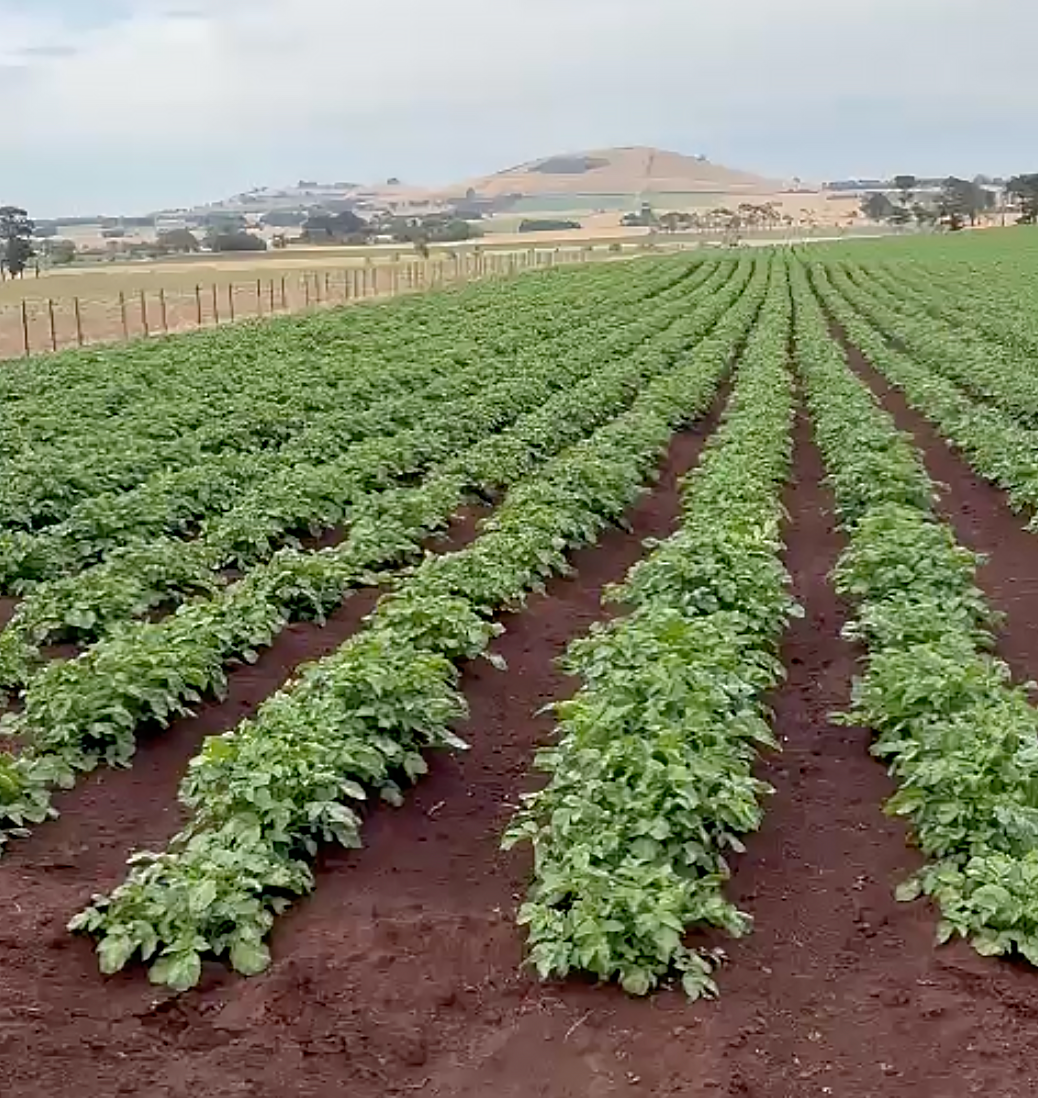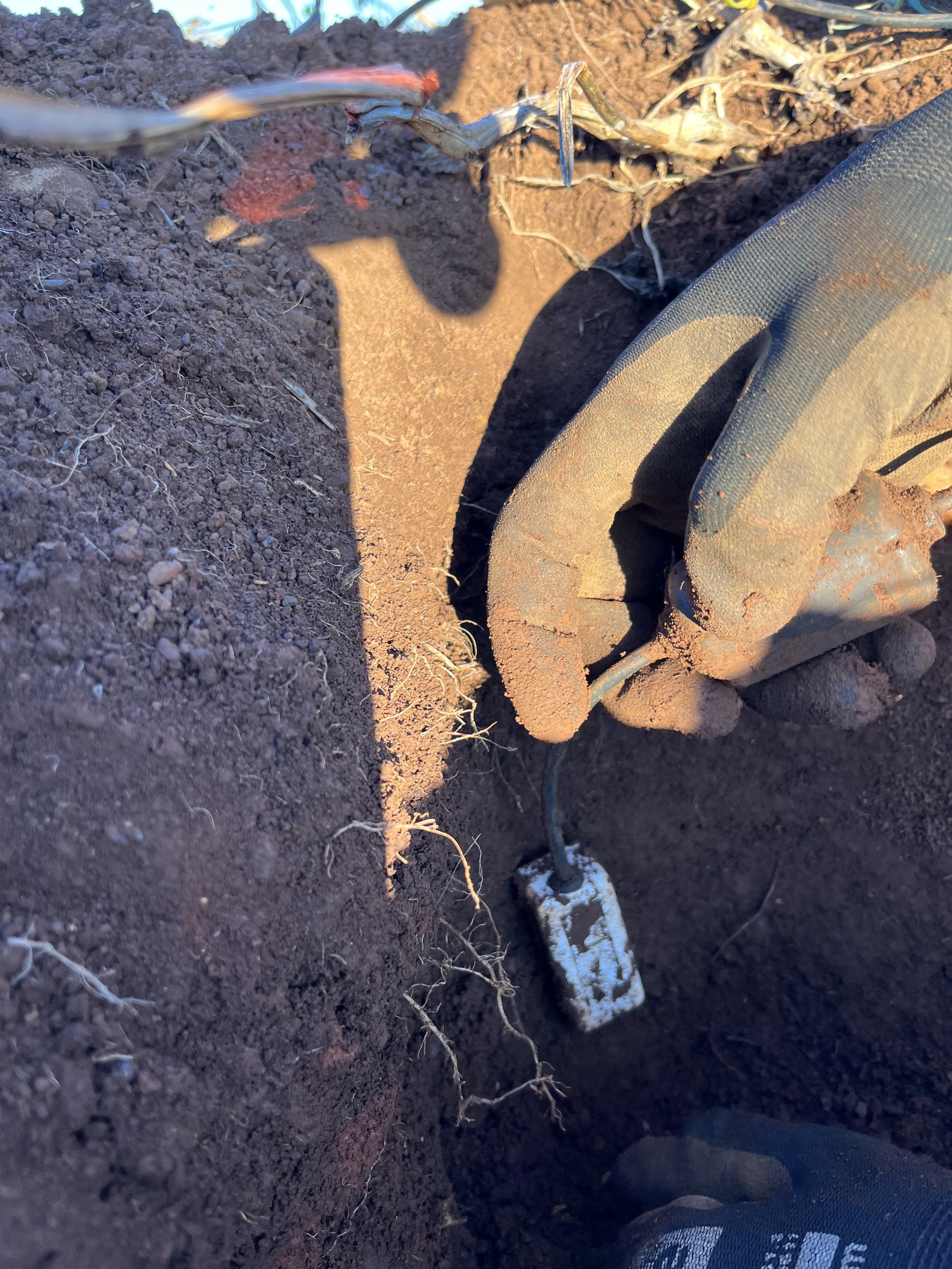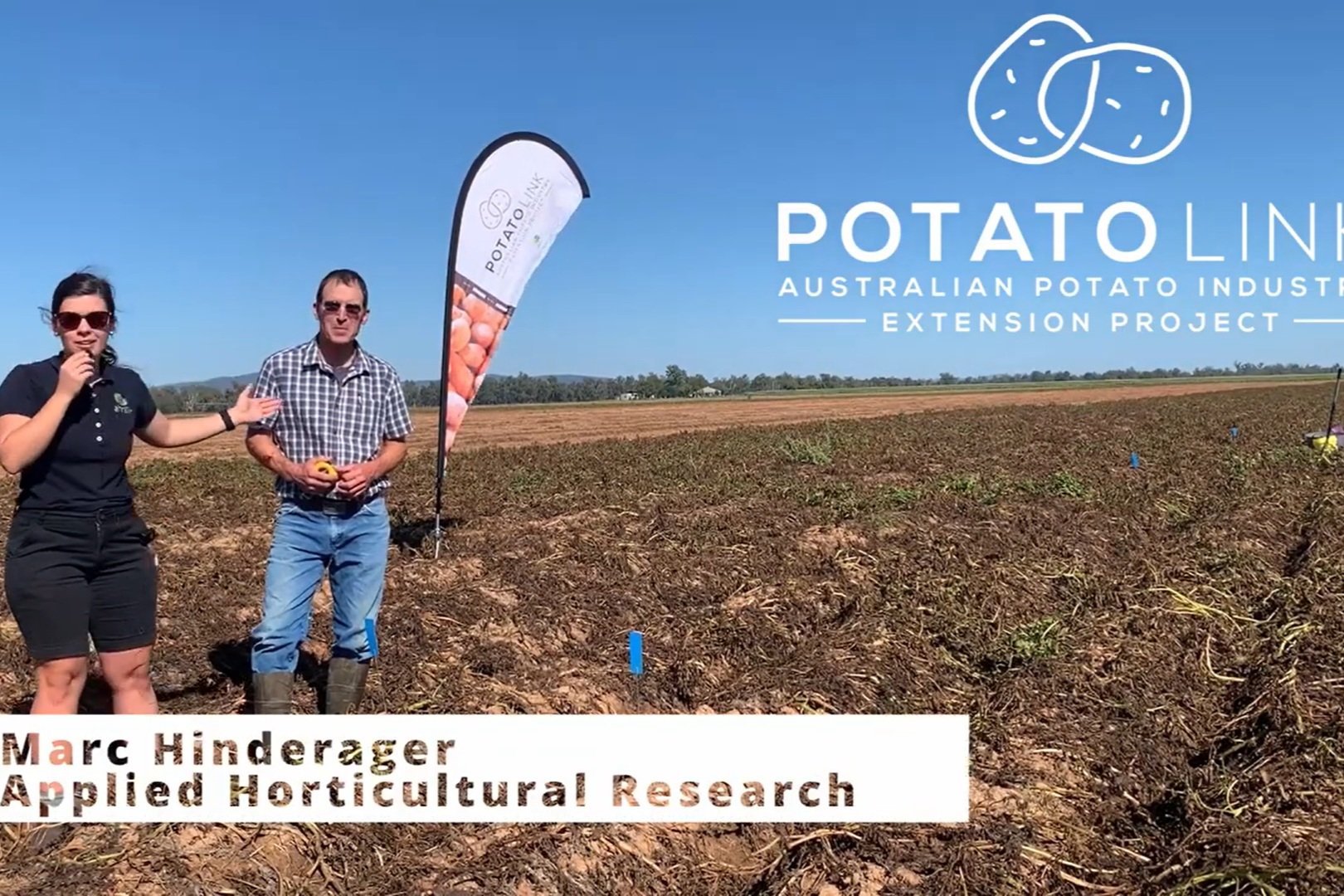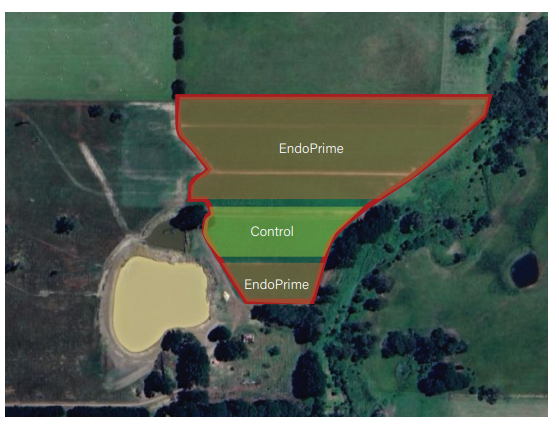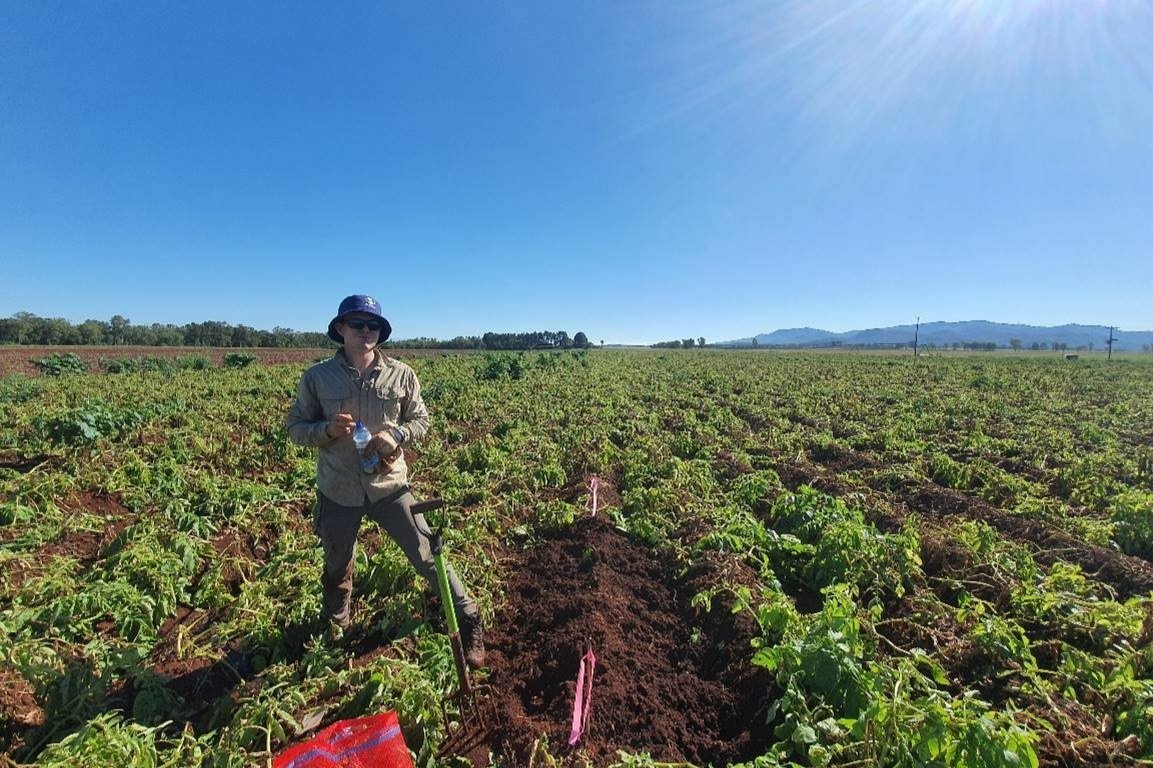Demo site results: Optimising Fertiliser use in North Motton, Tasmania
A PotatoLink demo with grower Coby Badcock tested four fertiliser strategies on a Tasmanian crop, comparing high-input vs sap-guided approaches. The results offer insights into nutrient timing, efficiency, and cost-effectiveness—proving that more fertiliser doesn’t always mean better yield.
Optimising Fertiliser Use: A New Demonstration Trial in North Motton (Tas)
A new demonstration trial in North Motton, Tasmania focused on optimising fertiliser practices in potatoes by evaluating varying rates, timings (pre-spread, at planting, and top-dress), and approaches (crop sampling and conventional programs) to improve grower profitability and potato marketability.
Nutrient Use Efficiencies at the Springbank Demonstration Site
The rising cost of inputs has growers searching for ways to enhance nutrient use efficiency and understand its impact on pack-out and yield. A previous trial at the PotatoLink demonstration site in Springbank (Victoria) explored how farm practices impact the effectiveness of biologicals, including fungicide application, soil nutrient availability, and fertiliser use. The positive results from that trial, including improvements in tuber size, quantity, and specific gravity, shaped the objectives for this new trial.
Can you shock a seed?
Handling and storing seed correctly is essential to maximise returns on this valuable investment, and avoiding condensation during cooling is critical to minimise the risk of storage diseases. To achieve this, seed potatoes are usually cooled very slowly, dropping only 2oC weekly. In this PotatoLink trial, we tested the effects of three cooling rates. Read the full article in Issue 13 of PotatoLink magazine.
Moisture monitoring – A PotatoLink demonstration
Beyond providing soil moisture data at a given time and soil depth, can soil moisture probes help in making future irrigation decisions? The potential of moisture probes to serve a dual role was the subject of a PotatoLink demonstration trial are discussed in this PotatoLink magazine article.
PotatoLink demonstration: Using biologicals in a commercial farm setting
A recent PotatoLink demonstration trial at Springbank, Vic, investigated the impact of farm practices on the effectiveness of biologicals, including the application of fungicides, the influence of soil nutrient availability, and fertiliser applications. In Issue 10 of PotatoLink magazine you will find all the details of the trial as well as the results.
Impact of seed spacing on potato yield and size
Potato growers know that seed is an expensive input not to be wasted. And inefficient planting and spacing, including skips and doubles, can be costly.
Optimising seed spacing provides a real opportunity to minimise inputs while maximising yield. To evaluate the economic impact of poor planter performance, PotatoLink conducted a demonstration on the impact of seed spacing on potato yield and size.
Mycorrhizal fungi at the Bolwarrah Victorian demonstration site
This case study covers the mycorrhizal fungi trials hosted at the Bolwarrah, VIC demonstration site. It covers what the trial was, what happened, and some tips on getting the most out of your mycorrhizal fungi products.
